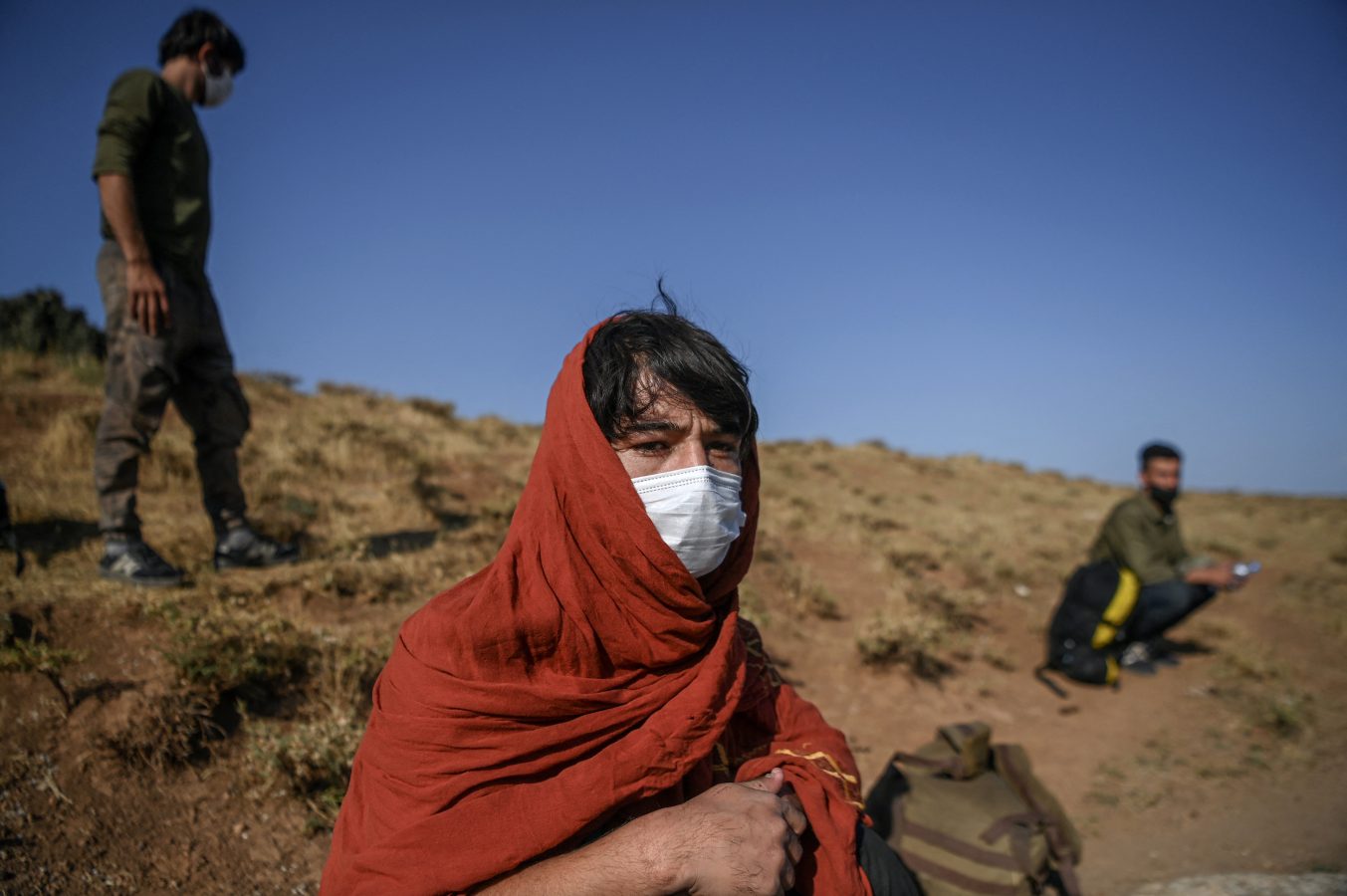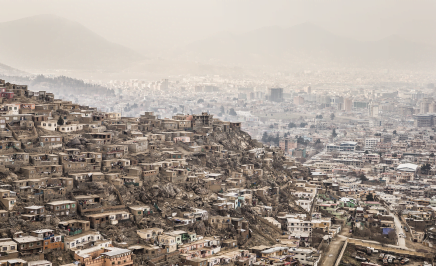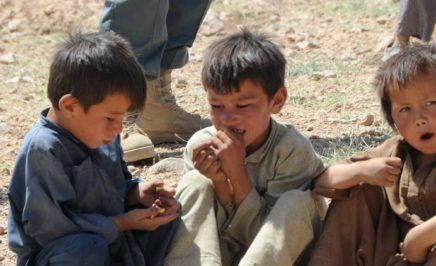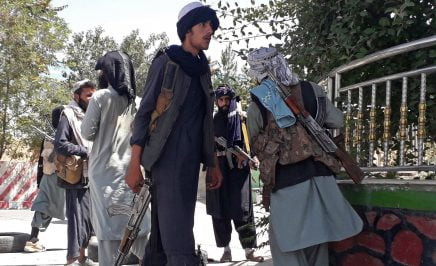The statement below, by Australian-Hazara, World Hazara Council spokesperson, and Graduate Lawyer Sitarah Mohammadi, was given at a press conference in the Australian Federal Parliament on 7 August 2023.
The worsening humanitarian and human rights crisis in Afghanistan, suppression of women’s rights, and genocide against the Hazara people under Taliban tyranny
“As the diaspora and advocates for human rights, we stand united in strongly condemning the grave violations perpetrated by the Taliban against the people of Afghanistan. Since the Taliban’s forceful return to power in 2021, they have launched a systematic campaign against human rights in Afghanistan that affects all groups, but especially women, Hazaras, and religious and ethnic minorities.
Taliban attacks on women have violated every international treaty protecting the rights of women. Women and girls are not permitted to get any education above primary school. They cannot hold jobs except in healthcare for women, such as nursing or midwifery. Women cannot even get their hair cut in beauty salons, which were all closed by Taliban decree.
Women in Afghanistan, who once held hope for a brighter future, are now shackled by the Taliban in a tyranny that denies them fundamental freedoms, education, and participation in public life. The Taliban’s systematic oppression of women amounts to what many legal scholars now recognise as gender apartheid.
Amid this human rights crisis, Hazara women bear the brunt of the Taliban’s repressive rule due to the intersection of gender, religion, and ethnicity, rendering them even more vulnerable. The Taliban have committed cruel attacks which amount to war crimes of collective punishment against civilians in Afghanistan’s Panjshir province.
The Hazaras, a Shi’a religious minority in Afghanistan, have faced relentless persecution, genocidal massacres, the bombing of their mosques and schools, and attacks on their maternity clinics, with murders of mothers and babies. The Taliban are committing a slow genocide by attrition against Hazaras. The Hazara people have been forced from their ancestral lands by systematic deportation, a crime against humanity. Forced evictions of groups such as Uzbeks have also taken place in an attempt to change Afghanistan’s geographic landscape. Hazaras are totally excluded from the Taliban government.
Taliban discrimination against Hazaras is most systematically applied in the Taliban’s judicial system. The Taliban have completely removed Hazaras from courts across the country, even where they constitute the majority. Today, there is not a single Hazara working as a judge or even a clerk in any court. Taliban courts systematically discriminate against Hazaras.
The Taliban have diverted humanitarian aid destined for Hazara areas to reward the Taliban’s supporters in other regions, leaving Hazaras without food or medicines sent by the UN and other international agencies.
The humanitarian crises that have unfolded during this period have had devastating consequences for millions of people in Afghanistan, particularly highly marginalised groups, such as the Hazaras, leaving them vulnerable to poverty, displacement, and insecurity. Innocent civilians, including children, have suffered unimaginable hardships, with access to necessities such as food, water, and healthcare becoming increasingly scarce.
Today, we call on Australia to support Afghanistan’s women and the Hazara, a group the Taliban have targeted for genocide. Australia should continue giving protection to refugees who are fleeing from Taliban tyranny.”
For background information, please read the following papers:
- The Hazara Inquiry, a joint effort of the UK cross-party Parliamentarians from both
Houses and experts that inquired into the situation of Hazaras in Afghanistan and Pakistan, - Relentless Atrocities: The Persecution of Hazaras, in the Michigan Journal of International
Law - The Afghan State and the Hazara Genocide, in Harvard Law School’s Harvard
Human Rights Journal - The Genocide of Hazaras, in the Virginia Journal of International Law
This statement represents the views of the author, and does not necessarily represent the views of Amnesty International.





